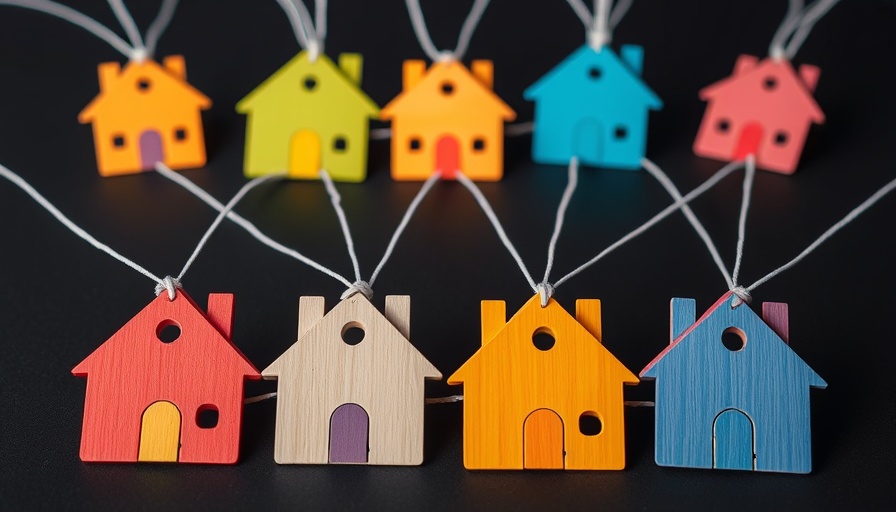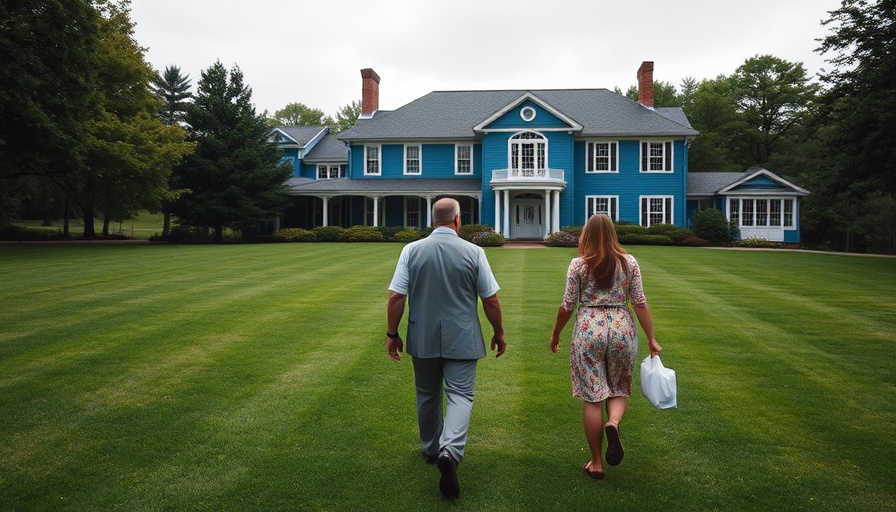
Understanding the Home Selling Timeline: What to Expect
When it comes to selling a home, one of the most frequently asked questions is, "How long does it take?" On average, the time it takes a house to go from listing to closing is between 55 and 70 days. However, this timeline isn’t set in stone and can be influenced by numerous factors such as the real estate market conditions, the home's location, and the seller's strategy.
Stages of Selling a House
The overall timeline can be broken down into several key stages, each with its own duration:
- Home Preparation (1-3 weeks): This initial phase may include cleaning, decluttering, staging the home, and completing necessary repairs. Professional photos are critical at this stage and ensure your home stands out on real estate websites such as Zillow and Redfin.
- Active Listing Period (10-30 days): Once listed, potential buyers will begin touring your home. Depending on the market, offers might come in quickly or take time.
- Offer Negotiation & Acceptance (1-5 days): Here, you’ll review and negotiate any offers received. Quick responses can significantly speed up the process.
- Inspection & Appraisal (7-14 days): Once an offer is accepted, the buyer usually arranges for a home inspection and appraisal. This may lead to further negotiations based on findings.
- Final Loan Approval & Escrow (2-4 weeks): The buyer’s lender will finalize all documents and ensure all financial obligations are met before closing.
- Closing Day (1 day): The final step where ownership is transferred, and both parties sign necessary paperwork.
This structured timetable gives homeowners a clearer picture of what lies ahead during the selling process, allowing for better preparation and decision-making.
Factors Impacting the Selling Timeline
While the above stages provide a general framework, several elements can alter your specific timeline:
- Pricing Strategy: Homes priced adequately for the market are likely to receive more attention and offers.
- Market Conditions: In a hot real estate market, properties can sell within days. During slower economic periods, sellers may need more time to find the right buyer.
- Location: Homes in desirable neighborhoods often sell faster than those in less sought-after areas.
- Preparation Level: Homes that are well-prepped beforehand garner faster offers.
Leveraging Technology in Your Sale
The digital age has transformed real estate listings significantly. Websites like Trulia and MLS Listings provide numerous listings of homes for sale, making it easier for potential buyers to find your property. Moreover, virtual tours and comprehensive property photography can enhance your home's visibility online, attracting more prospects.
Real Estate Trends: What to Watch
As you consider selling your home, it’s essential to stay informed about current trends in the real estate market. Data shows that the rise of remote work has led many to seek homes in suburban or less densely populated areas, influencing prices and demand. Continuous fluctuations in interest rates also play a critical role in shaping buyer behavior, so keeping an eye on real estate news is crucial.
What This Means for Potential Sellers
Understanding the timeline and factors affecting the sale of homes can empower sellers to make informed decisions. Whether you’re considering a quick sale or treading the market cautiously, being prepared can lead to a smoother process. Consequently, engaging a competent real estate agent can also provide insights into local nuances that could affect your selling experience.
Conclusion: Next Steps in Your Selling Journey
In summary, the journey to sell your house can range considerably, but being armed with knowledge about the process can enhance your chances for success. If you’re ready to take the plunge, consider reaching out to a real estate professional to discuss your goals and develop a tailored strategy.
 Add Row
Add Row  Add
Add 




 Add Row
Add Row  Add
Add 

Write A Comment